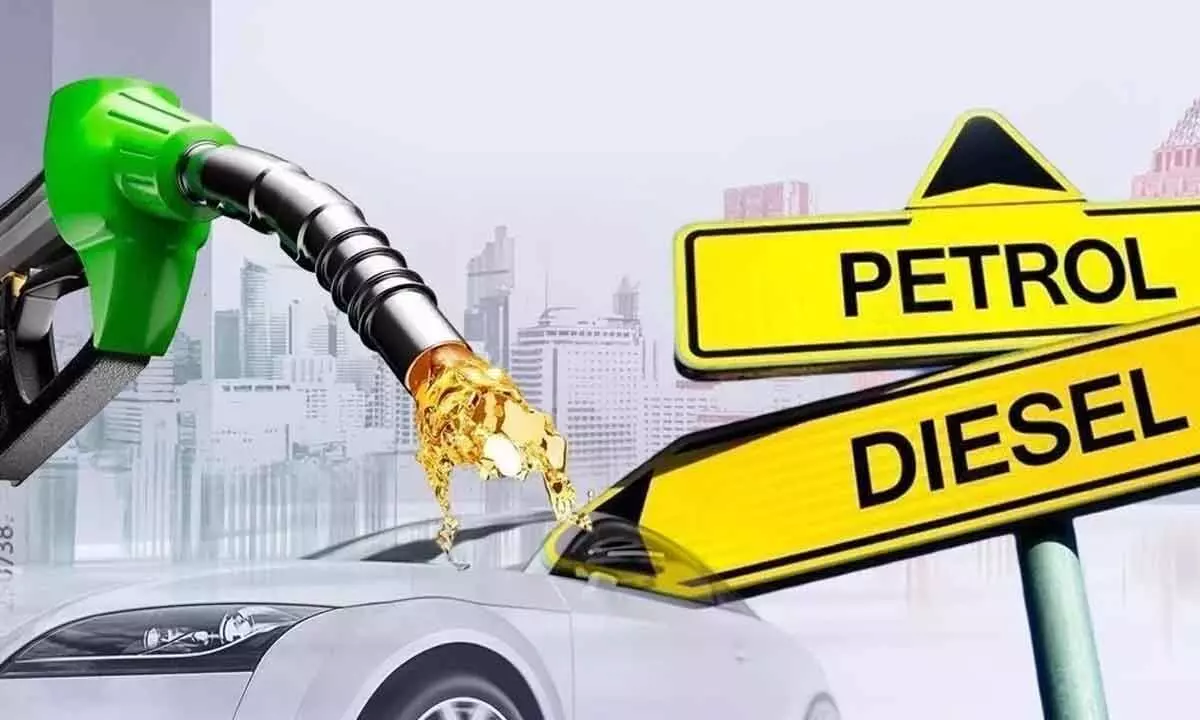Petrol Price
The federal government has announced an increase in the price of petrol by Rs3.72 per litre, effective from December 1 for the next fortnight. The new price for petrol will rise from Rs248.38 to Rs252.10 per litre.
This hike follows an adjustment in line with international market trends, as determined by the Oil & Gas Regulatory Authority (OGRA). Additionally, the price of high-speed diesel (HSD) has also been raised by Rs3.29, from Rs255.14 to Rs258.43 per litre.
The price adjustment is part of the regular fortnightly review conducted by the government, which bases its decisions on global market fluctuations.
According to the Finance Division’s latest notification, the prices for various petroleum products have been revised as follows:
- High-Speed Diesel (HSD): Increased from Rs255.14 to Rs258.43 (+3.29)
- MS (Petrol): Increased from Rs248.38 to Rs252.10 (+3.72)
- Kerosene (SKO): Reduced from Rs160.60 to Rs164.98 (-0.62)
- Light Diesel Oil: Reduced from Rs152.21 to Rs151.73 (-0.48)
In the previous fortnight’s review, the government had opted to keep the prices of petrol and diesel unchanged, considering the stable international fuel market. However, this revision, based on recent market trends, reflects an upward movement in fuel prices.
The rise in petrol prices, which directly affects private transportation, small vehicles, rickshaws, and two-wheelers, is particularly impactful for the middle and lower-middle-income classes who rely heavily on fuel for commuting.
For these individuals, the price increase translates into higher daily transportation costs, which can put a strain on their household budgets.
Similarly, the price hike in high-speed diesel also has broader economic implications. This fuel is widely used in heavy goods transport, trucks, buses, trains, and agricultural machinery such as tractors, tube wells, and threshers.
An increase in HSD prices typically triggers inflationary pressures, particularly in the food sector, as the transportation costs for vegetables and other goods rise.
Consequently, this can lead to higher prices for basic commodities, exacerbating the financial strain on consumers, especially in rural areas where agricultural machinery and transport are heavily reliant on diesel.
Overall, the government’s decision to raise fuel prices reflects the ongoing volatility in international oil markets and its impact on domestic fuel prices, with significant repercussions for both transportation costs and the broader economy.
I am a dynamic professional, specializing in Peace and Conflict Studies, Conflict Management and Resolution, and International Relations. My expertise is particularly focused on South Asian Conflicts and the intricacies of the Indian Ocean and Asia Pacific Politics. With my skills as a Content Writer, I serve as a bridge between academia and the public, translating complex global issues into accessible narratives. My passion for fostering understanding and cooperation on the national and international stage drives me to make meaningful contributions to peace and global discourse.










